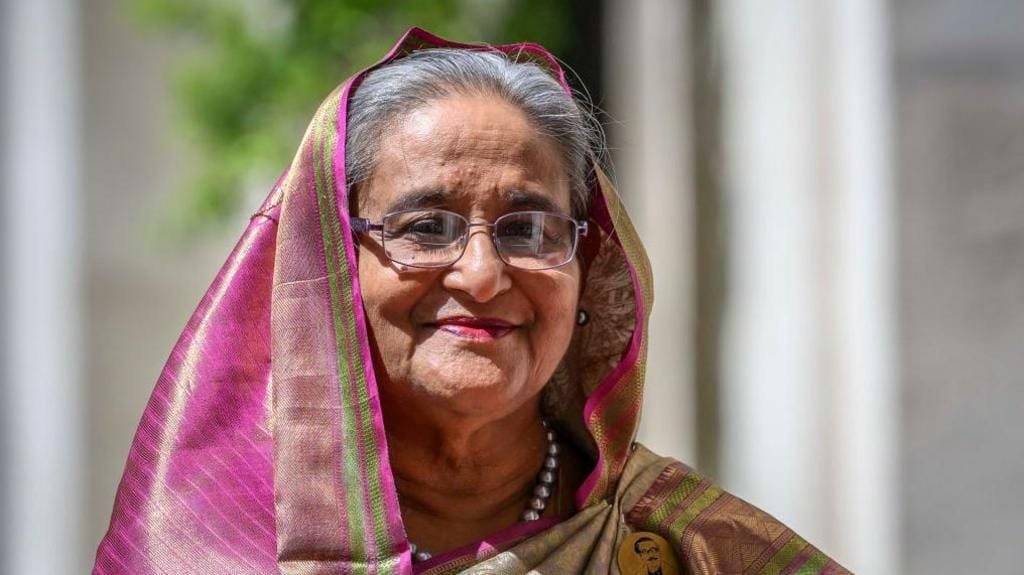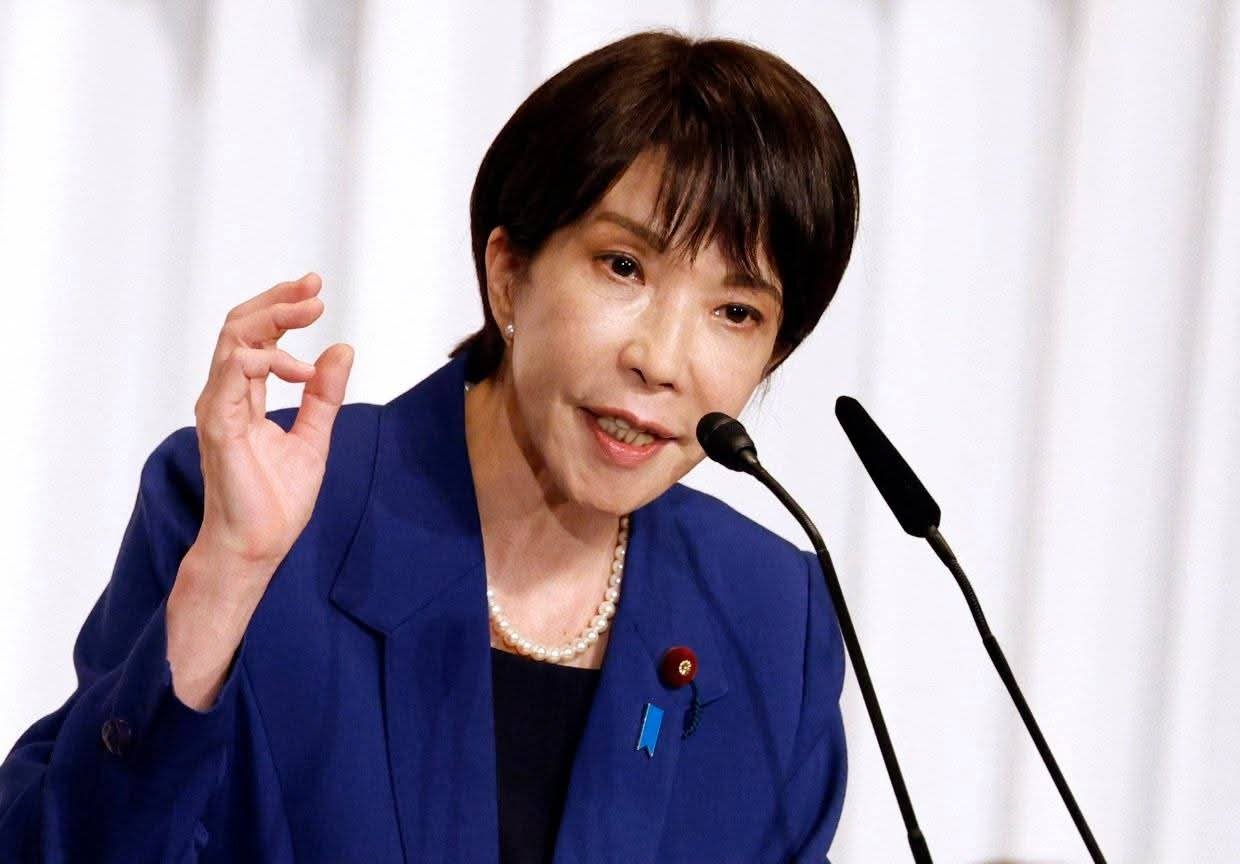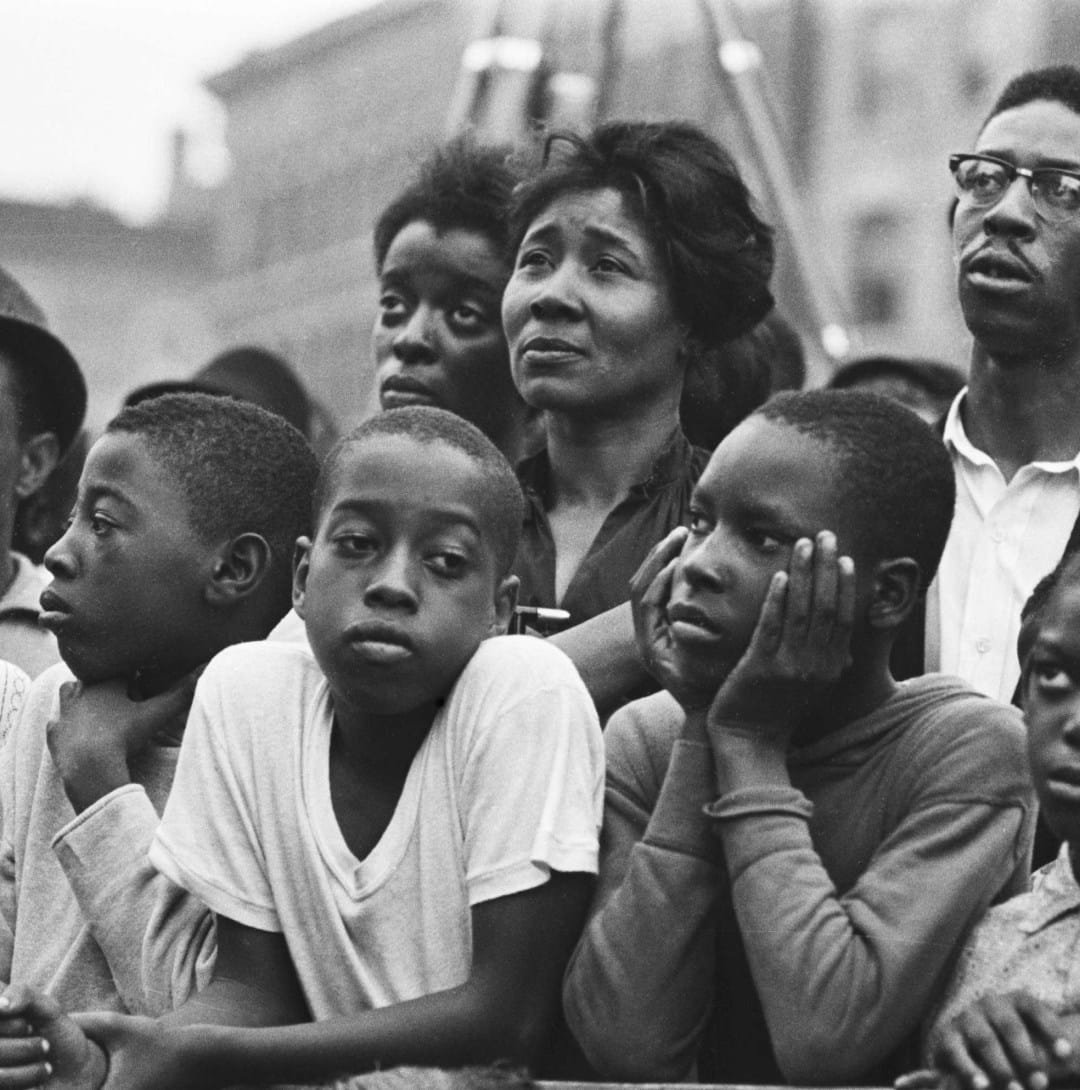By Vijay Oraon | firstpeople.in
In an era of shifting global alliances and emergent multipolarity, India finds itself delicately balancing its relationships with two powerful yet ideologically divergent nations—the United States and Russia. While India’s strategic partnership with the U.S. has deepened over the last two decades, New Delhi continues to lean on Moscow for security, geopolitical backing, and diplomatic consistency. The trust deficit between India and the United States, though narrowing, remains rooted in history, ideology, and perceived hypocrisy, raising important questions about the future of Indian foreign policy.
Historical Baggage: An Unhealed Wound
India’s diplomatic mistrust of the United States has roots that run deep into the Cold War era. While India adopted a non-aligned stance, the U.S. saw New Delhi as leaning toward the Soviet bloc. America’s support for Pakistan, particularly during the 1971 Bangladesh Liberation War, created long-lasting resentment. Washington’s military and economic backing of Pakistan even as it committed genocide in East Pakistan (now Bangladesh) stands as a stain on its South Asia policy.
In contrast, the Soviet Union not only stood firmly by India, but also provided critical diplomatic cover and military support. That legacy persists—Russia is seen not merely as a transactional ally, but as a friend that stood the test of time. For many in India’s strategic establishment, this trust is not easily replaced.
The Strategic Web of Arms and Autonomy
India’s military dependence on Russian hardware—ranging from Sukhoi jets, T-90 tanks, to nuclear submarines and missile systems—cannot be understated. Russia has not only supplied weapons but has transferred technology and co-developed systems like the BrahMos missile. Despite Western sanctions on Moscow post-Ukraine, India continues to import Russian arms, highlighting a bond that is strategic, not sentimental.
On the contrary, American arms deals come with conditions, end-user agreements, and surveillance concerns. The U.S. often ties defense cooperation to geopolitical alignment, while Russia remains largely indifferent to India’s domestic or foreign policy decisions.
U.S. Lectures, Russian Silence
Another source of Indian unease with the U.S. is its perceived tendency to moralize and intervene in India’s internal affairs. Be it Kashmir, CAA-NRC protests, or religious freedom reports, U.S. lawmakers, NGOs, and think tanks frequently critique India’s domestic policies—often without cultural or political nuance.
Russia, in contrast, has remained non-judgmental, refraining from publicly commenting on India’s internal matters. For a country as diverse and politically sensitive as India, non-interference is valued as respect, not silence.
The Illusion of Equality in U.S. Partnership
While the U.S. has branded India a “major defense partner” and included it in alliances like QUAD, many Indian analysts see these initiatives as strategic hedges against China, not genuine partnerships. There’s skepticism that India is being treated as a junior partner rather than an equal power.
Unlike NATO allies or even countries like Israel and Japan, India has not received the same level of military technology access or diplomatic deference. America’s tendency to weaponize trade (e.g., sanctions on Iran affecting Indian oil imports) and push its own geopolitical priorities has kept India wary.
A Trust Evolving, Not Established
This is not to say that India and the U.S. are adversaries. In fact, ties have grown across multiple domains—trade, defense, climate, and tech. India has signed foundational military agreements (like BECA, COMCASA), joined Indo-Pacific strategies, and collaborates in areas from semiconductors to counterterrorism.
But trust, in international relations, is not merely built on shared interests—it is built on shared values, consistent behavior, and strategic empathy. The U.S. often fails to understand India’s civilizational identity, strategic autonomy, and regional priorities—something Russia has long accommodated.
Between Two Powers, But On Its Own Terms
India’s relationship with the U.S. is pragmatic and expanding, but still encumbered by historical memory, ideological divergence, and mutual suspicion. Russia, despite its global decline and controversial actions, remains a trusted legacy partner due to its unwavering support and diplomatic restraint.
India will continue to walk the tightrope between Washington and Moscow. The real question is not whom India trusts more—but whether either nation is willing to truly trust India as a sovereign, civilizational power on its own terms.












